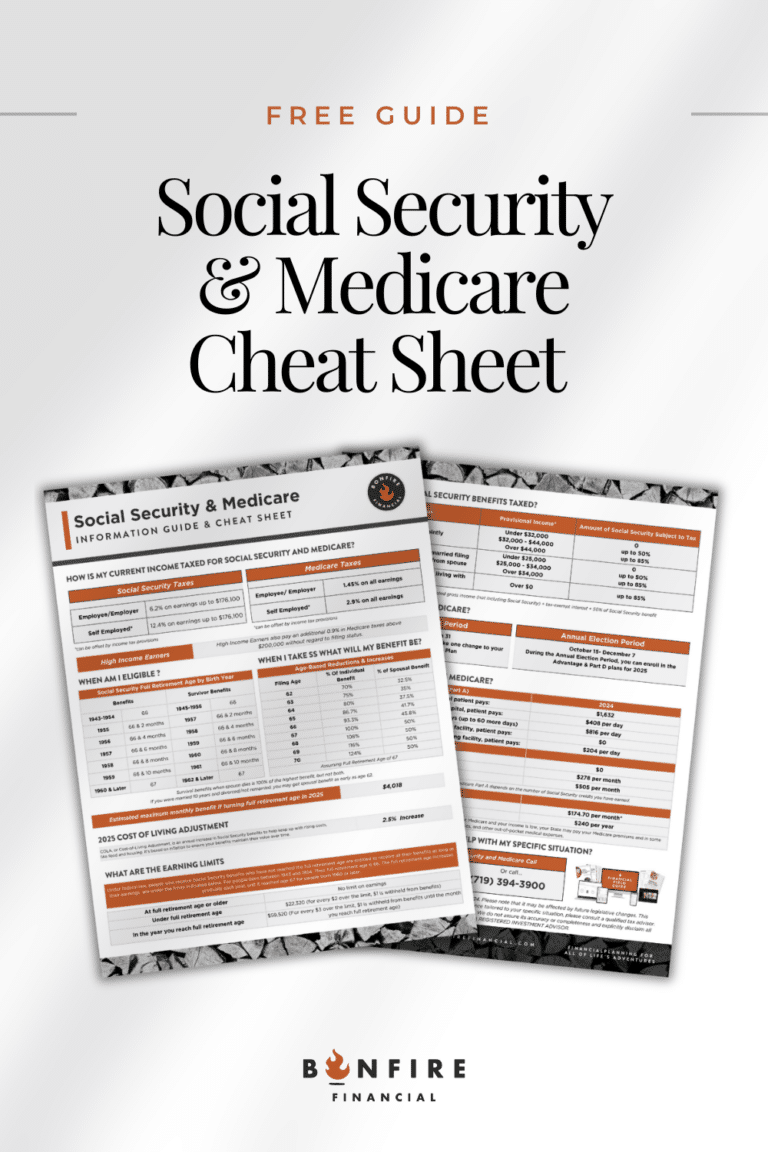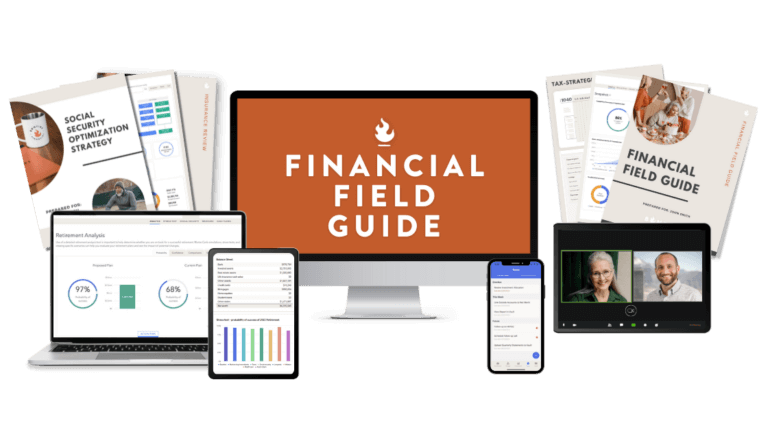Money Market Accounts and Funds
Making informed decisions about where to park your cash is crucial. Whether you’re saving for a short-term goal or looking for a safe place to store funds between investments, understanding money markets and the differences between money market accounts and money market funds can help you make the best choice for your financial plan. In this post, we’ll delve into the intricacies of these two popular options, exploring their benefits, risks, and ideal scenarios for use.
Listen Now:
iTunes | Spotify | iHeartRadio | Amazon Music | Castbox
__
Understanding Money Markets
Money market accounts (MMAs) are interest-bearing accounts offered by banks and credit unions. They are similar to savings accounts but typically offer higher interest rates in exchange for higher minimum balance requirements. One of the key features of money market accounts is their safety, thanks to Federal Deposit Insurance Corporation (FDIC) insurance.
Key Features of Money Market Accounts
- FDIC Insurance: Money market accounts are insured by the FDIC up to $250,000 per depositor, per institution. This means that even if the bank or credit union fails, your deposits are protected.
- Higher Interest Rates: MMAs usually offer higher interest rates compared to traditional savings accounts. Rates can vary depending on the institution and the amount of your deposit.
- Liquidity: Money market accounts provide easy access to your funds. You can typically write checks, make transfers, or use a debit card to withdraw money, making it a flexible option for managing cash.
- Minimum Balance Requirements: These accounts often require a higher minimum balance than regular savings accounts. Failing to maintain the minimum balance can result in fees or lower interest rates.
Exploring Money Market Funds
Money market funds (MMFs) are a type of mutual fund that invests in short-term, low-risk securities such as U.S. Treasury bills, certificates of deposit (CDs), and commercial paper. Unlike money market accounts, MMFs are not FDIC insured. Instead, they are regulated by the Securities and Exchange Commission (SEC).
Key Features of Money Market Funds
- Not FDIC Insured: The primary distinction between MMFs and MMAs is that money market funds do not offer FDIC insurance. While they are generally considered safe, there is no guarantee of principal preservation.
- Investment in Short-Term Securities: MMFs invest in high-quality, short-term securities, which tend to be relatively low-risk. This makes them a suitable option for conservative investors seeking liquidity and stability.
- Potential for Higher Yields: Money market funds often offer competitive yields that can exceed those of traditional savings accounts and MMAs, depending on market conditions.
- Liquidity and Accessibility: MMFs are highly liquid, allowing investors to easily buy and sell shares. They are often used as a place to park cash temporarily within brokerage accounts.
Comparing Money Market Accounts and Funds
Safety and Security
When it comes to safety, money market accounts have the upper hand due to FDIC insurance. This provides peace of mind, knowing that your deposits are protected up to $250,000 per institution. On the other hand, money market funds, while typically safe, do not offer this same level of security. The value of your investment in a money market fund can fluctuate, and there is a risk, albeit small, of losing principal.
Interest Rates and Yields
Money market accounts generally offer higher interest rates than traditional savings accounts, but they may not always match the potential yields of money market funds. MMFs can provide higher returns, especially in a rising interest rate environment, as they invest in short-term securities that benefit from higher rates. However, these yields are not guaranteed and can fluctuate based on market conditions.
Accessibility and Liquidity
Both money market accounts and funds offer high liquidity, but they differ in how you can access your funds. MMAs provide check-writing privileges, debit card access, and easy transfers, making them suitable for everyday cash management. In contrast, MMFs are more commonly used within brokerage accounts and might require selling shares to access cash, which can take a day or two to settle.
Minimum Balance Requirements
Money market accounts often have higher minimum balance requirements than regular savings accounts. If your balance falls below the required minimum, you may incur fees or receive a lower interest rate. Money market funds typically have lower initial investment requirements, making them more accessible for investors with smaller amounts of cash to invest.
Ideal Scenarios for Money Market Accounts
- Emergency Fund: Money market accounts are an excellent option for holding your emergency fund. The combination of FDIC insurance, higher interest rates, and easy access to funds makes them a safe and practical choice.
- Short-Term Savings Goals: If you’re saving for a short-term goal, such as a vacation or a down payment on a car, a money market account can help you earn more interest while keeping your funds accessible.
- Safety and Security: For conservative investors who prioritize the safety of their principal, MMAs provide the security of FDIC insurance.
Ideal Scenarios for Money Market Funds
- Temporary Cash Parking: Money market funds are ideal for parking cash temporarily between investments. They offer higher potential yields and easy liquidity within brokerage accounts.
- Investment Portfolio Component: MMFs can be used as a conservative component of an investment portfolio, providing liquidity and stability while earning competitive yields.
- Low Minimum Investment: For investors with smaller amounts of cash to invest, money market funds offer a lower entry barrier compared to some MMAs.
Making the Right Choice- Are Money Markets Right for You?
When deciding between money markets, consider your financial goals, risk tolerance, and need for liquidity. If safety and security are your top priorities, and you prefer the peace of mind that comes with FDIC insurance, a money market account may be the better choice. However, if you’re looking for higher potential yields and are comfortable with the slight risk associated with money market funds, an MMF could be more suitable.
Conclusion
Understanding the differences between money market accounts and money market funds is essential for making informed decisions about where to park your cash. Both options offer unique benefits and can play important roles in your overall financial strategy. By considering your individual needs and preferences, you can choose the right option to help you achieve your financial goals.
For personalized advice tailored to your specific situation, don’t hesitate to reach out to us.
 Client Login
Client Login







